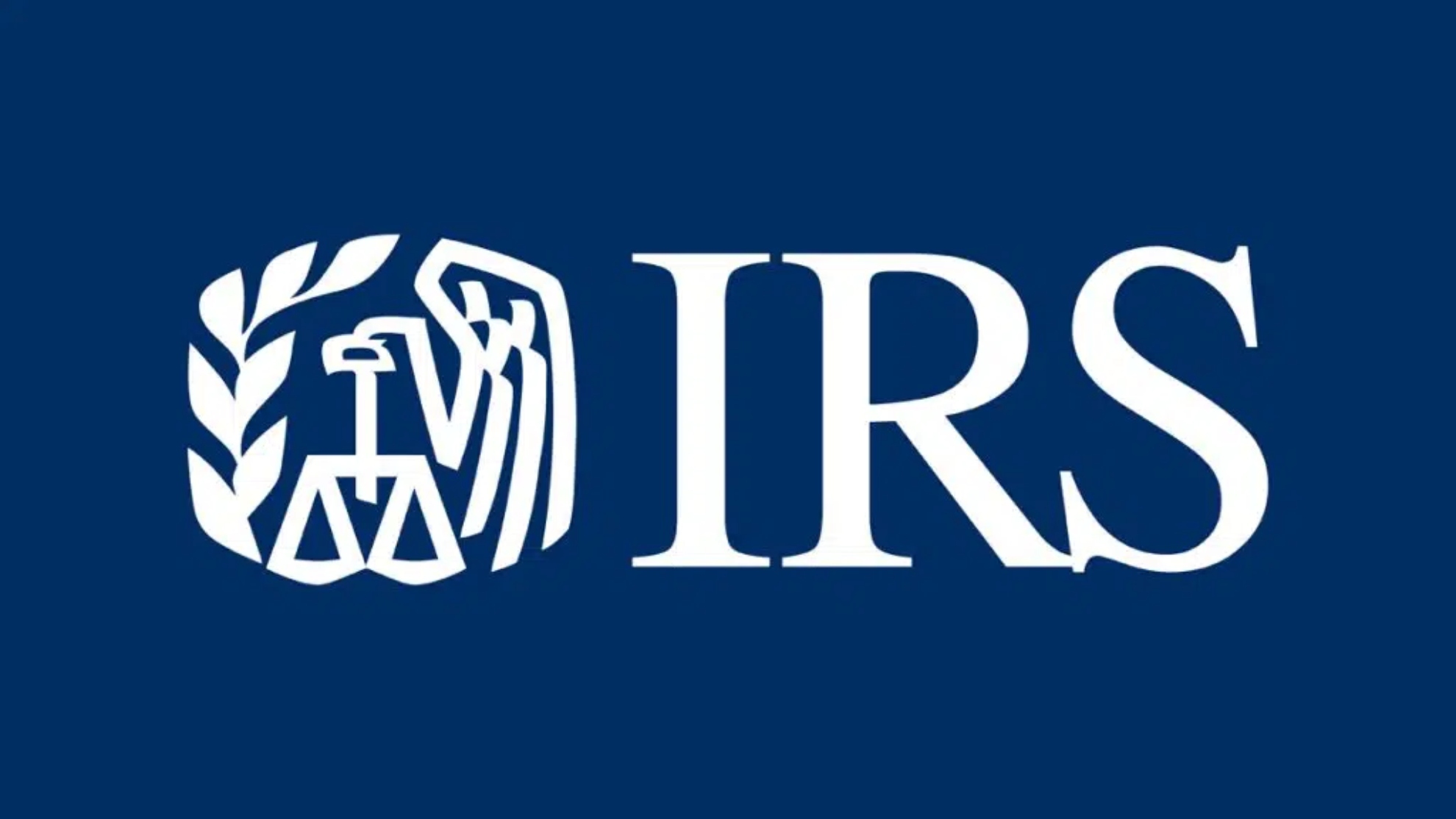The US Internal Revenue Service released IR-2024-258 on 3 October 2024, announcing that Direct File will be available for the 2025 tax filing season in double the number of states than last year’s pilot, and it will cover a wider range of tax situations, greatly expanding the number of taxpayers eligible to use the free e-filing service.
State and eligibility expansion
For the 2025 tax filing season, eligible taxpayers in 24 states will be able to use Direct File: 12 states that were part of the pilot last year, plus 12 new states where Direct File will be available in the upcoming filing season.
During the pilot last year, Direct File was available in Arizona, California, Florida, Massachusetts, Nevada, New Hampshire, New York, South Dakota, Tennessee, Texas, Washington State and Wyoming. For the 2025 tax filing season, Direct File will also be available in Alaska, Connecticut, Idaho, Kansas, Maine, Maryland, New Jersey, New Mexico, North Carolina, Oregon, Pennsylvania and Wisconsin.
In 2025, more than 30 million taxpayers in those 24 states will be eligible to use Direct File. Additional states could still join Direct File in 2025, and several states have expressed interest or announced that they will participate in Direct File in 2026.
In addition to doubling the number of states where Direct File will be available, the service will also cover a wider range of tax situations for the 2025 filing season. During the pilot last year, Direct File covered limited tax situations, including wage income reported on a W-2 form, Social Security income, unemployment compensation, and certain credits and deductions.
For the 2025 filing season, Direct File will support 1099’s for interest income greater than USD 1,500, retirement income, and 1099 for Alaska residents reporting the Alaska Permanent Fund dividend.
During the pilot, Direct File supported taxpayers claiming the Earned Income Tax Credit, Child Tax Credit, and Credit for Other Dependents. This year, Direct File will also cover taxpayers claiming the Child and Dependent Care Credit, Premium Tax Credit, Credit for the Elderly and Disabled, and Retirement Savings Contribution Credits.
In addition to covering taxpayers claiming the standard deduction and deductions for student loan interest and educator expenses, this year, Direct File will support taxpayers claiming deductions for Health Savings Accounts. Over the coming years, the IRS will gradually expand Direct File’s scope to support the most common tax situations, focusing – in particular – on tax situations that impact working families.
















